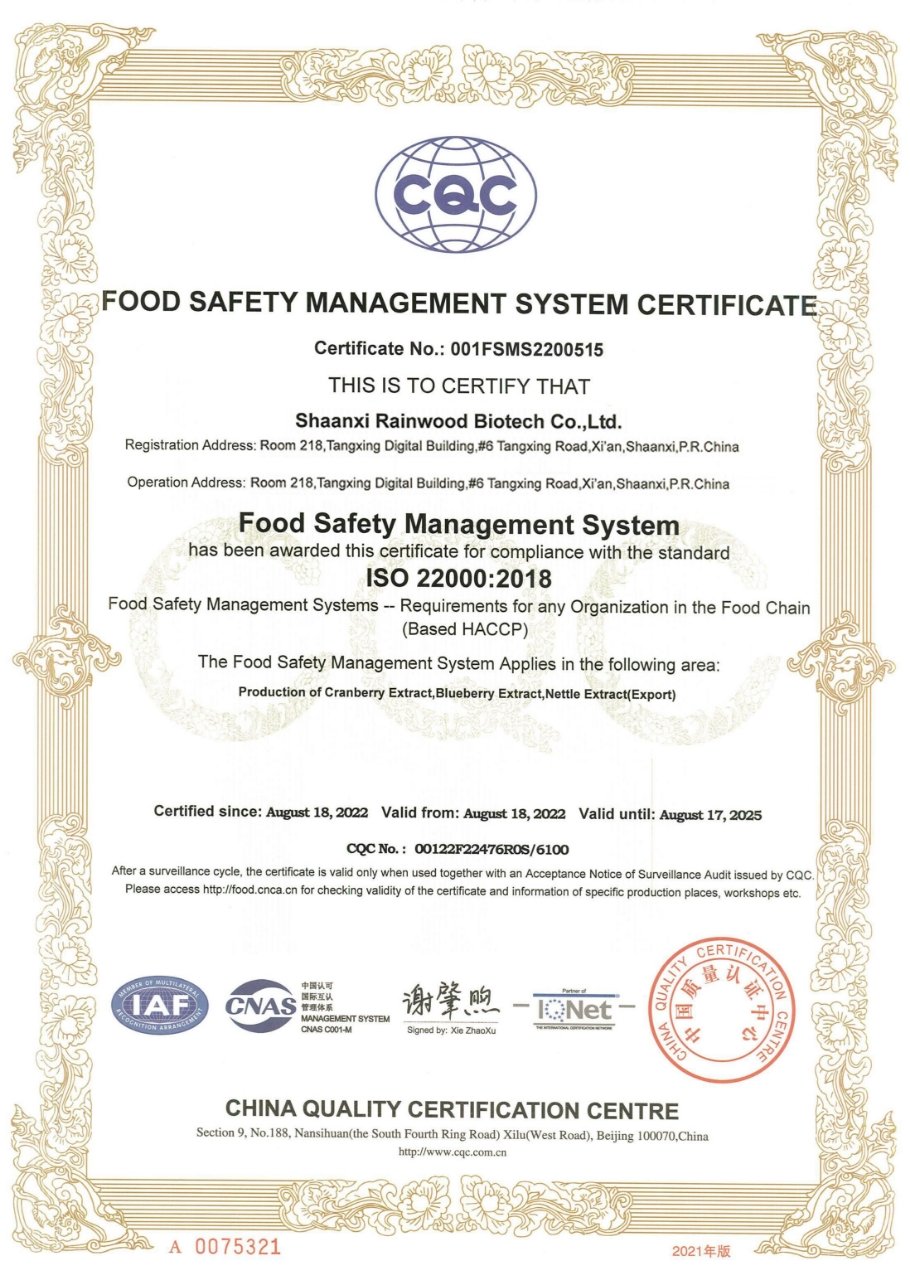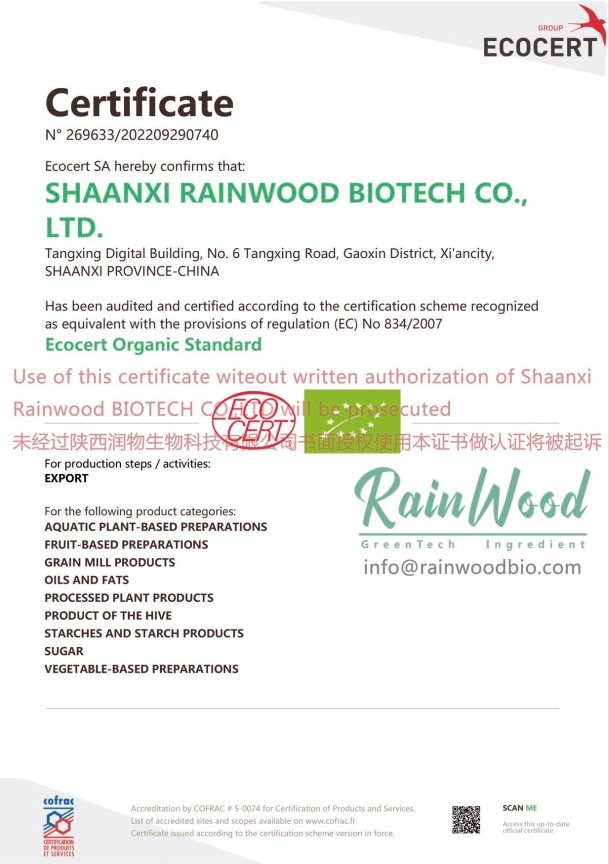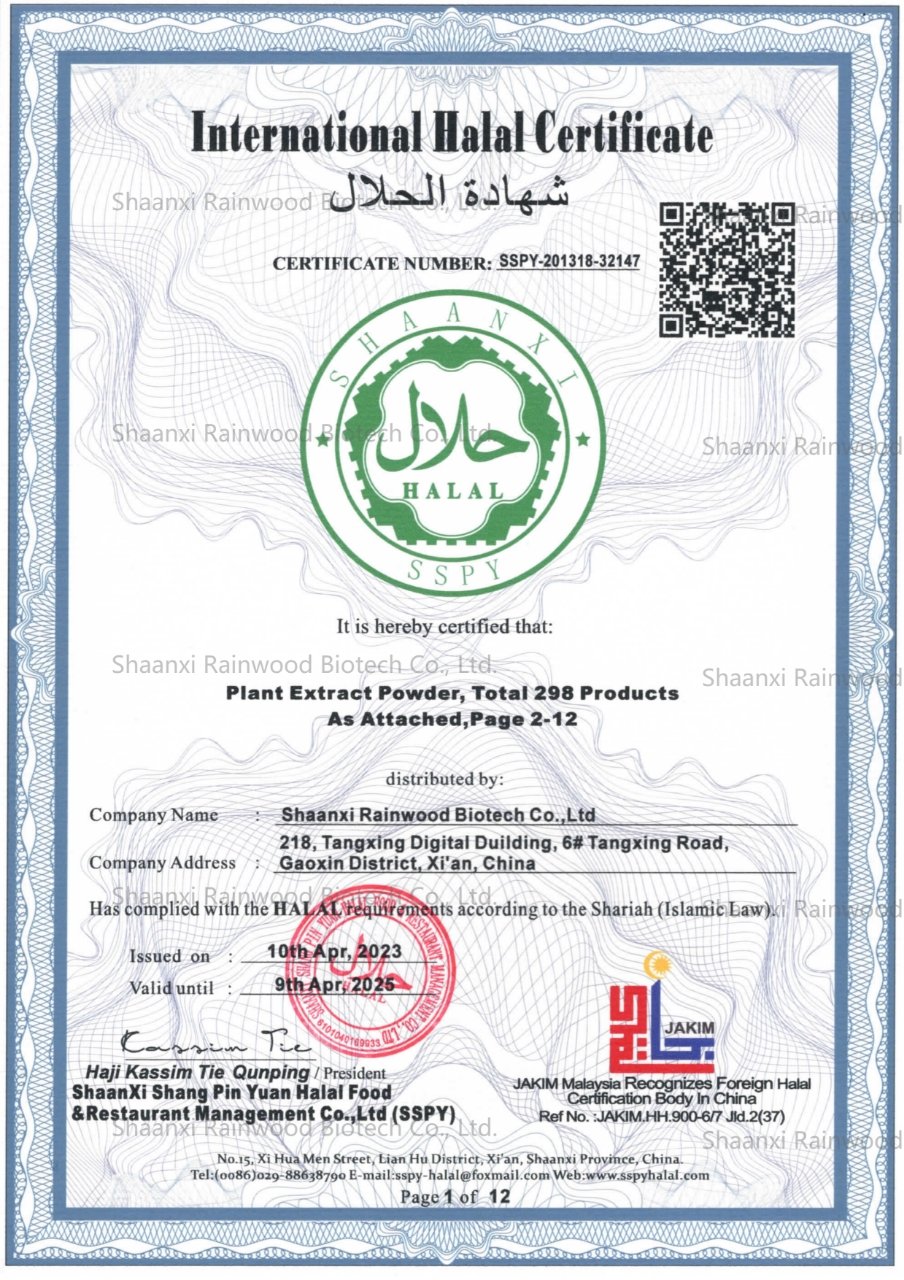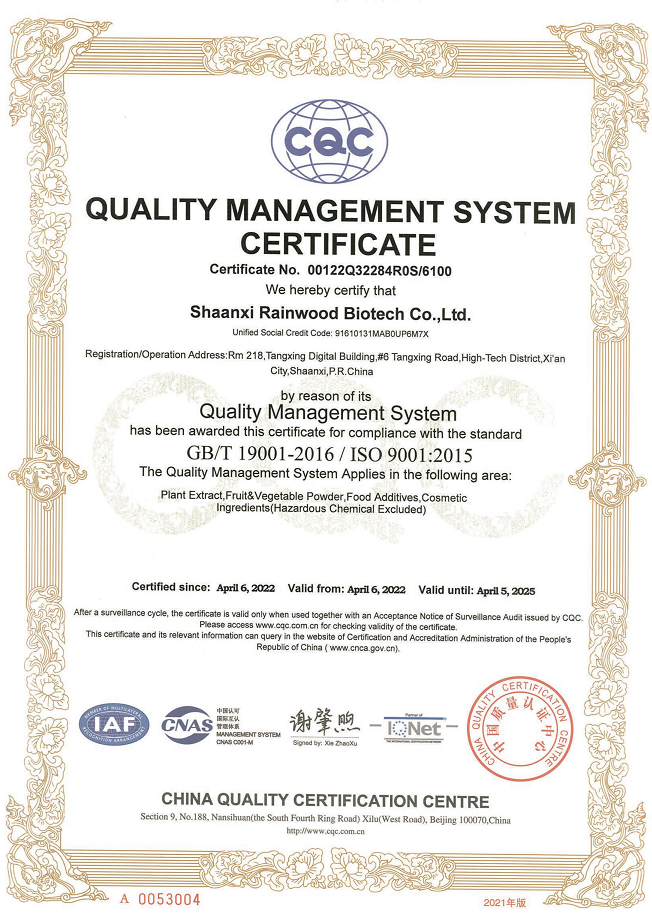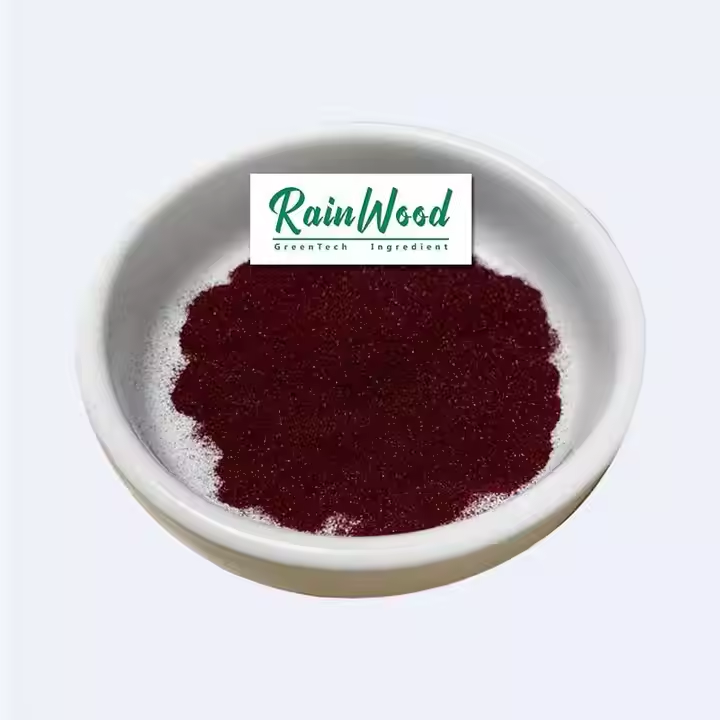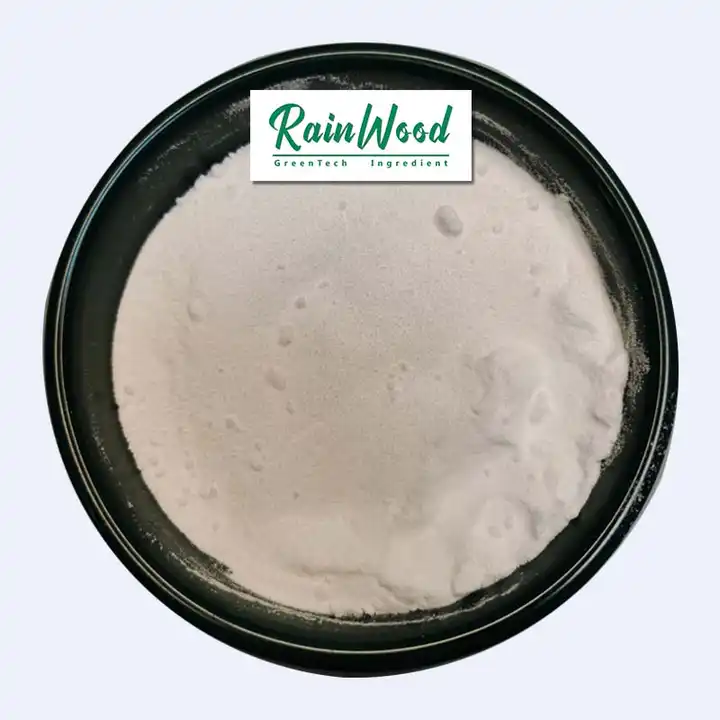
L-5-Methyltetrahydrofolate Calcium
Calcium L-5-methyltetrahydrofolate(L-5-MTHF-Ca)is a synthetic derivative of folic acid, thepredominant, naturally occurring form of folate.It’s synthesized by reduction of folic acid to tetrahydrofolic acid followed by methylation and diastereoselective crystallization (in water) of L-5-MTHF as its calcium salt.
Levomefolate Calcium (5-MTHF), a naturally occurring salt-methyl derivative of folate, is the most biologically active and functional form of folate and is more readily absorbed than folate.








